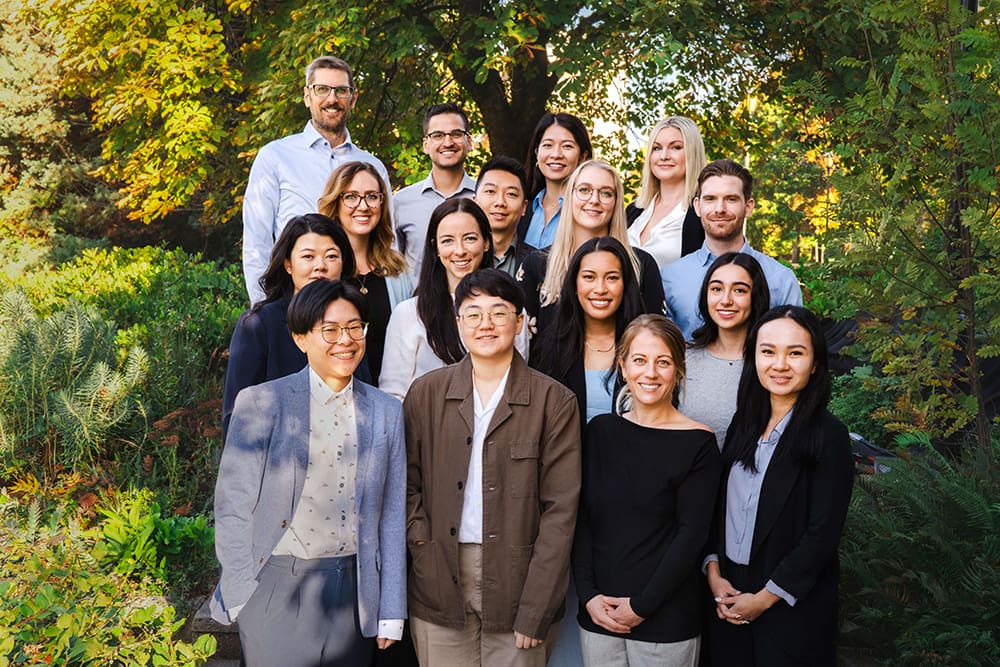A trust can do many things such as: help families income split, avoid probate fees, avoid wills variation claims, retain disability benefits, and keep family assets private.
There are many types of trusts but all share the same basic foundation: there is always a trustee who holds the legal ownership of assets for the benefit of people called the ‘beneficiaries’ of the trust. There can be more than one trustee and more than one beneficiary. Sometimes the trustee and beneficiaries are the same person and sometimes they are different.
There are two kinds of trusts:
1. Testamentary Trusts
A testamentary trust is quite simply a trust created in a Will. These have many uses. The most common types of testamentary trusts are:
- trusts for children: so children don’t inherit at an inappropriate age;
- trusts for spouses: called spousal trusts – typically used to address challenges that blended families pose;
- trusts for recreational properties: to pass a family vacation property to the next generation;
- Henson Trust QDT: for beneficiaries who are receiving disability benefits so they don’t get their benefits cut off from inheriting directly; and
- family trusts: to allow for a family to income split from an inheritance after someone’s death.
2. Inter Vivos Trusts
An inter vivos (meaning “during life”) trust is simply a trust that isn’t created in a will. In the context of estate planning, they are typically created during someone’s lifetime for that person’s or person’s family’s benefit while they are still alive. The most common types of inter vivos trusts are:
- Family trusts: to income split between parents and children to achieve tax savings – great for business owners;
- Alter Ego Trust and Joint Spousal Trusts (only applicable to those aged 65+): to avoid probate, the 1.4% probate fee, avoid wills variation claims, ensure privacy.
- Disability Trust: Also a Henson trust for those receiving provincial disability assistance (PWD) who are about to receive over $100,000, these trusts allow for staying on PWD assistance while also benefiting from that new money. Slightly different tax treatment when establishing the trust during your lifetime.
Next Steps:
A trust lawyer at Westcoast Wills & Estates will work with you to create an estate plan which has your property distributed as you intend, while at the same time avoiding taxes and fees, to the extent possible. We would also be pleased to discuss setting up a trust with you.

